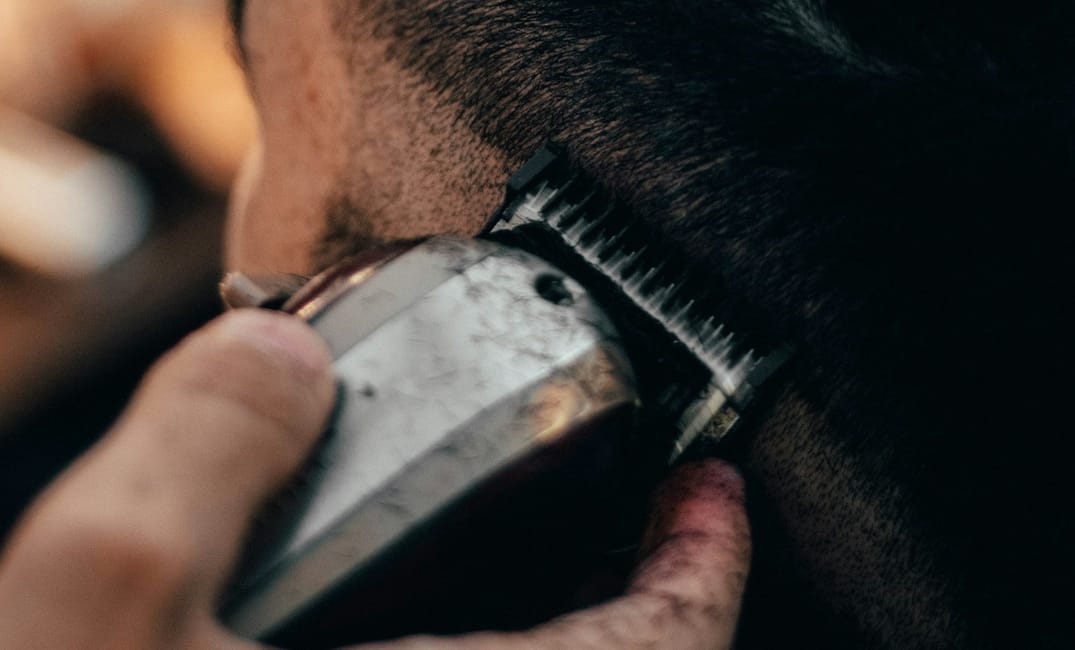✏️ Honor Bolton
While many are enjoying a return to normality, female-led industries are being suppressed. The disparity between which businesses are opening before others is clear, and inherently linked to misrepresentation at Parliament.
From the 4th of July pubs, restaurants and hairdressers re-opened. Meanwhile, the rest of the beauty industry was ignored and mocked in Parliament. Salons have now opened on the 13th of July, only very recently and with limited treatments.
Of course, proximity to the face and its high risk is a factor here. However, men can get their beards trimmed yet women cannot get their eyebrows waxed, despite the similar proximity and PPE.
The beauty industry is overwhelmingly female-led. It contributed £28.4 billion to UK GDP in 2018 alone. What needs to be noted here is how overwhelmingly male-led the cabinet is – those making the decisions. There is a huge gap between what the male-dominated cabinet have deemed as ‘essential’, and what a significant portion of the rest of the population believe. Ironically, Boris can get his hair cut but MP Caroline Nokes can’t get her eyebrows done. But then again, you only needs to see the state of Boris’ hair to see why this might have been a priority.
Seriously though, with a similar proximity to customers and strict PPE protocol, it is hard to understand why there is such a big difference made between businesses. Why is it easier to meet friends at the pub and sit right next to them than it is to meet a beauty practitioner in a sanitised environment behind face masks?

It seems a bit cheeky for the government to say that getting your eyebrows waxed with PPE and safety measures is too high a risk, yet they still have not provided clear-cut advice on face masks in public. Many salons have taken to social media to share their outrage of this, explaining how they have been prepared with stacks of PPE and extensive safety protocols for weeks. Instead, they have not been consulted, and find themselves waiting for the daily updates to see when their industry can fully re-open.
What is clear though is that the pub industry is male-led with 66% of their customers being male compared to the beauty industry which is primarily female-led. I completely understand that we need to open industries slowly. However, we must question who chooses which businesses can open first. Well, of course, that would include the cabinet.
It is important to note here that we shouldn’t brand one type of industry as ‘male’ and another as ‘female’, but we can take into consideration that many are overwhelmingly female-led and many are male-led. There are gendered impacts of the re-opening of society.
The government minister Rishi Sunak in charge of finance of the UK, recently announced his summer statement. There was a prominent silence regarding the beauty industry, excluding it from the hospitality and tourism industries which will enjoy a VAT cut. There was also a silence on childcare support.
But the impact of reopening society in such a way goes beyond which industries can open first. It influences how the economy will be structured now going forward. It exposes gendered power dynamics. We saw our Prime Minister and MPs laughing about salons during PMQs when questioned by MP William Wragg. It is quite clear how much of a ‘boys club’ we are still governed by.

This is somewhat shocking to see those who are meant to represent the population mock a well-loved industry which puts so much into the economy and provides hundreds of thousands of jobs. The impact of such misogyny will be seen for years. Will women in business be pushed out? Is it a plan designed for men by men?
Clearly, female-led industries such as the beauty industry have been disadvantaged throughout this re-opening. We will never know if things would have been different if there was more equal representation within the decision-making bodies during this health crisis. Still, this is a lesson that we need to learn from, and an issue that we shouldn’t forget about as the government tries to recover our economy.
Thanks for reading our article! We know young people’s opinions matter and really appreciate everyone who reads us.
Give us a follow on Instagram, Twitter and Facebook to stay up to date with what young people think.

